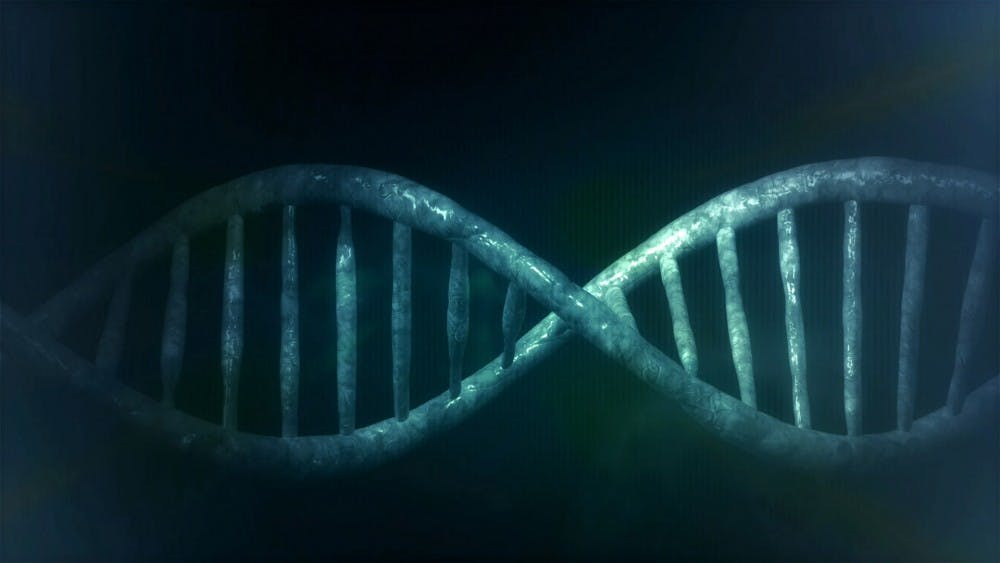From happily munching on chili peppers and feeling little to no pain during childbirth to accidentally ironing over her arms and being unaware of painful joint degeneration, Jo Cameron has lived a life of little pain, fear or anxiety.
Researchers at University College London (UCL) studied Cameron’s genes and discovered a new mutation in a previously obscure gene. The researchers say that this discovery could help create new treatments for a wide range of conditions.
Despite undergoing notoriously painful surgery on her hand and being treated for severe joint degeneration in her hip, Cameron reported to doctors that she felt no pain and never needed painkillers after surgeries.
Devjit Srivastava first diagnosed her pain intolerance at a hospital in Scotland and led the study with James Cox, a pain geneticist from UCL Medicine.
In collaboration with geneticists at the University of Oxford, Cox identified two mutations that were relevant to Cameron’s lack of pain. The first was described as a “microdeletion” in the pseudogene FAAH-OUT, which had not been thoroughly studied. The second was in a gene that controls FAAH enzymes.
FAAH is involved in signaling processes that are crucial to the perception of pain and mood, but FAAH-OUT was thought to be a nonfunctional “junk gene.” The researcher’s investigation revealed that it is likely an important mediator in the expression of FAAH enzymes.
Collaborators at the University of Calgary further revealed that Cameron had elevated levels of a neurotransmitter typically degraded by FAAH in her blood, which suggests that the enzyme lost its function due to Cameron’s mutations.
In mice, it was shown that knocking out the FAAH gene leads to reduced pain, but also faster wound healing, reduced anxiety, and enhanced fear-extinction memory – the ability to “forget” learned fears.
Cameron experiences incredibly similar traits and can easily recount a history of large wounds that went unnoticed and healed rapidly. She is described as an optimistic person who remains cool under pressure, even in dangerous situations, and who has had frequent lapses of memory.
Cameron, currently 71 years old, was not aware of her condition until her 60s. In an interview with the New York Times, she stated that she inherited her pain tolerance from her father.
Cameron’s father passed away before the discovery was made, and her mother does not seem to share the trait. Cameron’s daughter also lacks the trait, and while her son has the same microdeletion, he lacks the second mutation and only has slight pain insensitivity.
Because of how long it took Cameron to learn about her condition, researchers think it’s possible that other individuals have the same mutation and don’t realize it. These individuals could be incredibly valuable to medical researchers because they provide insight into how our genetics impacts our experiences of pain. Because of this, Cox urges anyone with similar symptoms — or a lack of symptoms - to come forward.
The research team is continuing their work with Cameron and her cells. She seems pleased with the prospects of their discovery. She expressed her excitement in a press release.
“I would be elated if any research into my own genetics could help other people who are suffering… I had no idea until a few years ago that there was anything that unusual about how little pain I feel - I just thought it was normal. Learning about it now fascinates me as much as it does anyone else,” Cameron said.
Doctors are equally excited by their progress.
In the lab’s press release, Srivastava explained the implications of their findings.
“The findings point towards a novel painkiller discovery that could potentially offer post-surgical pain relief and also accelerate wound healing. We hope this could help the 330 million patients who undergo surgery globally every year,” Srivastava said.





